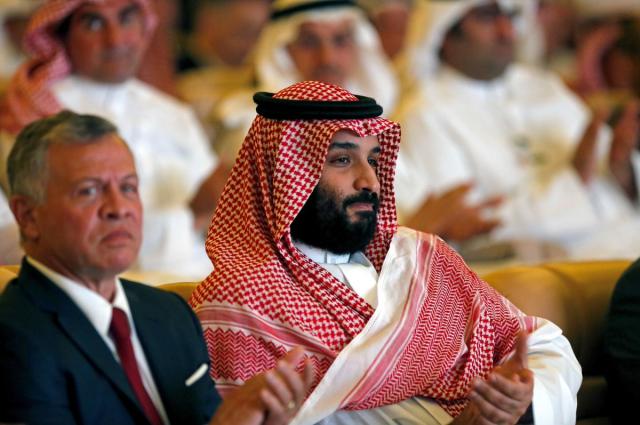In a pivotal step towards prolonged peace, Israel and Hamas have agreed to extend their truce for an additional day, a decision catalyzed by the successful negotiation for the release of further hostages and Palestinian prisoners. Meanwhile, in the discussions for what happens "the day after' when Israel declares their campaign is over, two Arab nations have been mentioned as being pivotal to ensuring Hamas rises no more.
The Israeli Prime Minister's office, led by Benjamin Netanyahu, acknowledged the receipt of a list specifying the identities of women and children to be released, aligning with the agreement's stipulations. This development has been pivotal in sustaining the ceasefire.
A truce between Israel and Hamas has been extended by one day.
— AFP News Agency (@AFP) November 30, 2023
Mediator Qatar says the extension - made just hours before the deadline expired - will follow the same conditions as before with hostages being released in exchange for prisonershttps://t.co/eUU5oo8BZl pic.twitter.com/3RvdmPLRqJ
The resolution to continue the pause in hostilities was not without its moments of tension. The Israeli War Cabinet had set a firm deadline for the list's delivery, threatening to resume military action if the agreement was not honored. Fortunately, compliance was observed shortly after the deadline, affirming the truce's continuation.
Further solidifying this commitment, both Hamas and the Qatari Foreign Ministry have confirmed the truce's extension to a seventh day.
Marg Regev, an Israeli official who is a senior advisor to Prime Minister Netanyahu told CNN that an understanding was put in place that the pause in fighting will continue each day as long as ten live hostages were released each day. “Every day, we agreed to an extension for the release of 10 hostages, 10 living hostages," Regev said. “If Hamas continues to release hostages, 10 a day, we will extend the hold — the pause." In addition to this, Israel is also seeking the return of the bodies of its dead soldiers, as well as civilians that are being kept in Gaza.
In a parallel development, there are emerging reports, notably from the Wall Street Journal, suggesting Israel's contemplation of establishing a new governance structure in the Gaza Strip. This initiative, possibly receiving support from Saudi Arabia and the United Arab Emirates, aims to establish 'Hamas-free safe zones' in Gaza, overseen by a Riyadh and Abu Dhabi-backed authority.
"One proposal for how to govern a post-Hamas Gaza, developed by @IDF’s think tank & viewed by @WSJ, would start with the creation of “Hamas-free safe zones” that would be ruled by a new Gaza authority backed by Saudi Arabia & the UAE." @DionNissenbaum https://t.co/wAJHbqpNA9
— Shalom Lipner (@ShalomLipner) November 30, 2023
This strategy also includes discussions between Israel and the U.S. on the potential relocation of Hamas members, drawing parallels to historical precedents such as the 1982 relocation of Palestinian Liberation Organization members.
Amidst these discussions, Israel has expressed its preference against the Fatah-led Palestinian Authority assuming governance in Gaza post-Hamas, citing concerns over their effectiveness and controversial policies such as the terror incentivizing "pay-to-slay" program. The U.S., however, continues to advocate for the Palestinian Authority's governance over the Palestinian areas of Judea and Samaria despite the duplicitous nature of the PA where in Arabic they speak of resistance and continuing the struggle to eradicate Israel and in English they speak of two states.
Who can govern Gaza in the aftermath of the war?
— FDD (@FDD) November 12, 2023
FDD's CEO @mdubowitz joins @WSJopinion on @FoxNews to discuss how Saudi Arabia, Egypt, and the UAE can play a role in the aftermath of the Israel-Hamas war. Watch👇 pic.twitter.com/o4WKWXggXT
As the situation unfolds, Hamas remains steadfast in its declaration that the Palestinian territories will be governed solely by its people post-conflict, underscoring the complexity of the region's political landscape.


